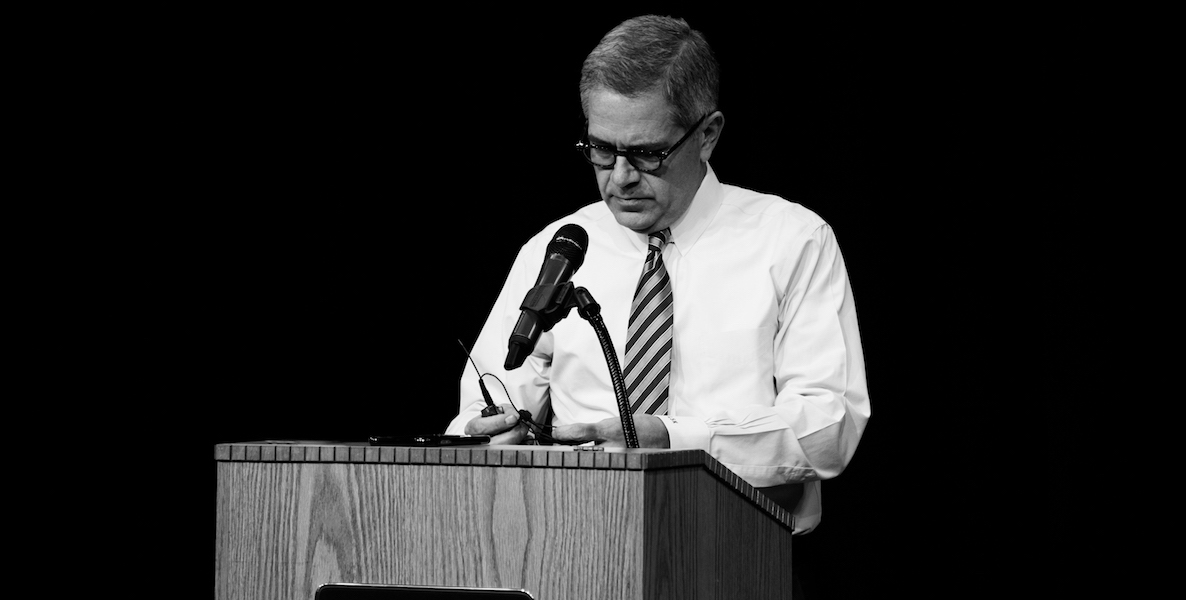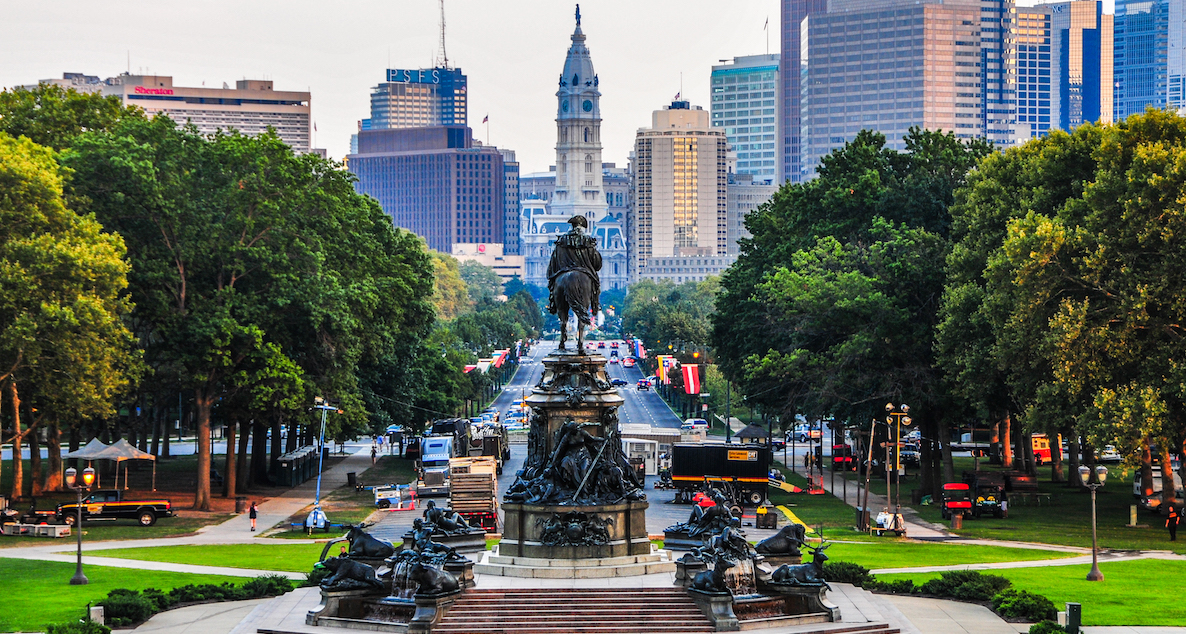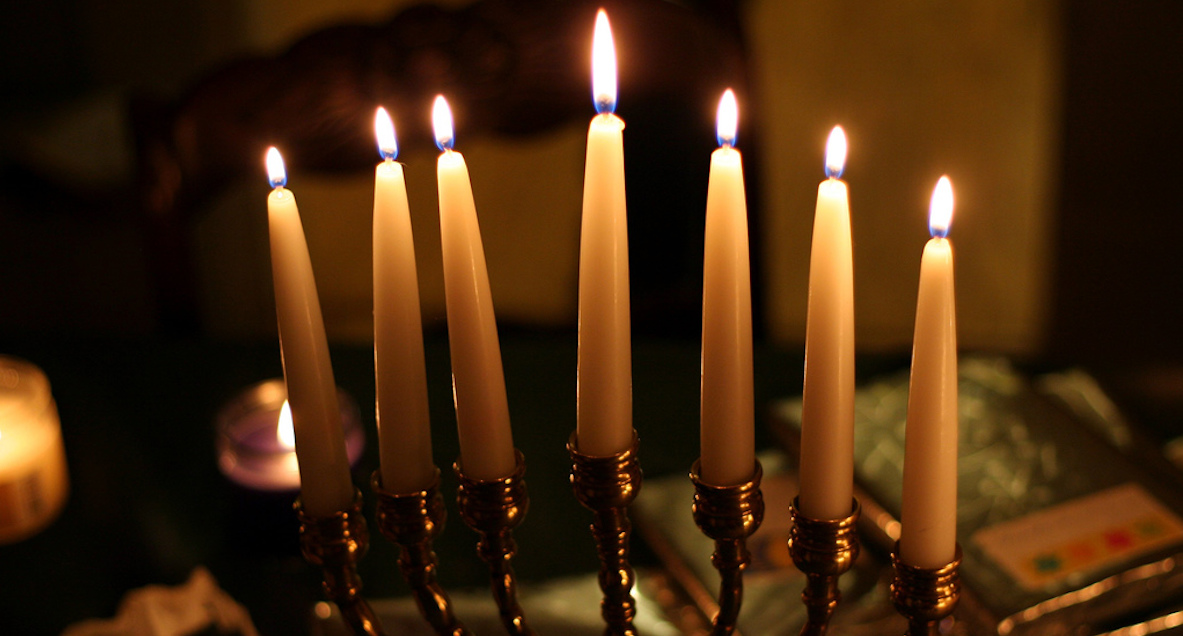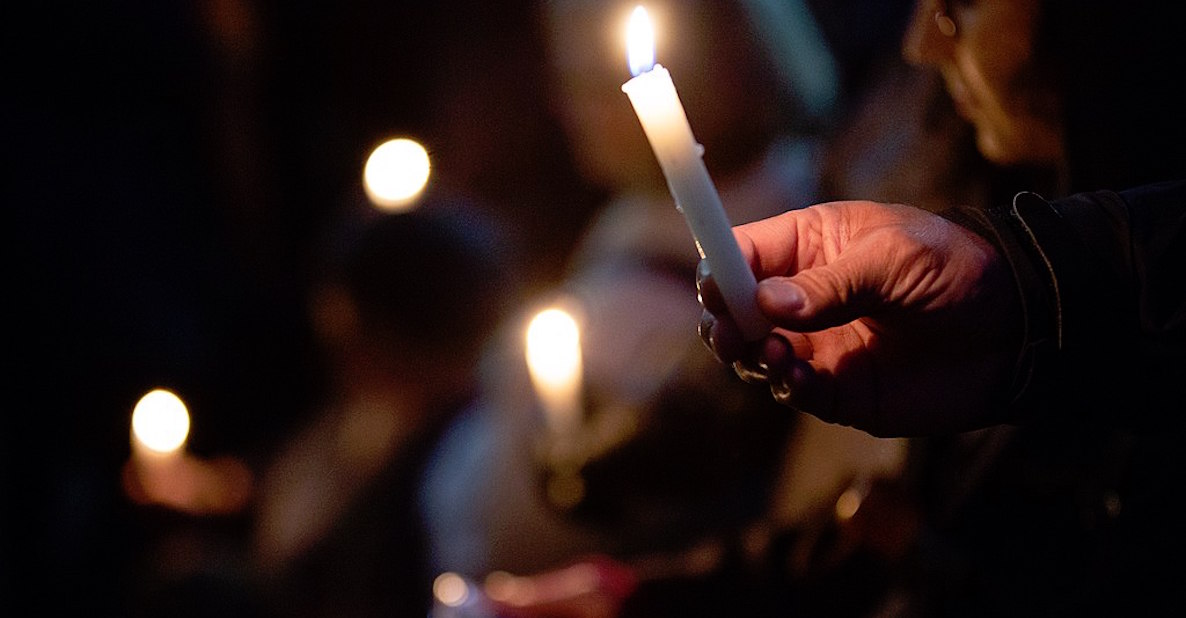Like anyone with a heart, I was stricken, outraged and disgusted to learn of the slaughter of 11 congregants at Pittsburgh’s Tree of Life Synagogue in October. Stricken by the senseless murder of 11 innocent human beings who had gathered to practice their faith in a house of prayer and fellowship; outraged that our country’s appalling proliferation of guns and epidemic of pathological social alienation have combined to make such killings a horrifyingly commonplace fact of American life in the 21st Century; and disgusted that our political leaders still fail to summon the necessary modicum of courage, conscience and will to do anything about it.
The Tree of Life massacre is not the first mass shooting at a place of worship in recent memory, and it is not even the most recent mass shooting. The lives of those who died at The Tree of Life were of no more or less worth than the lives of the thousands who were killed by guns in America before, nor the thousands who will surely be killed yet.
But as I read accounts of the crime, learned of the perpetrator’s motives and looked at pictures of Pittsburghers of all stripes grieving, consoling and standing with the city’s small but prominent Jewish community, I couldn’t help but wonder why this tragedy had moved me so. And I kept coming back to the deep sense of indebtedness I feel toward the Jewish community. Here in Philadelphia, whether coming to the aid of Soviet Jews in the 1970s, or constructing a Holocaust memorial that instructs on all human rights abuses, or leading philanthropic efforts across the globe, Jewish leadership and generosity has always been there for the rest of us.
Now, while anti-Semitism spikes here and abroad, it’s time for all of us to repay a debt. It’s time for us to bring them some chicken soup.
As a non-Jew, and particularly as someone who spent the first third of his life in a country where meeting a Jewish person was a remarkably rare event, I never had a thoroughgoing grasp on the so-called “Jewish experience.”
As a non-Jew, and particularly as someone who spent the first third of his life in a country where meeting a Jewish person was a remarkably rare event, I never had a thorough grasp on the so-called “Jewish experience,” with its unique intersections of religion and ethnicity, its complex political currents, and the impact of its diasporic history on both the world’s perceptions of Jewish people, and on Jewish people’s essential perceptions of themselves.
The circumstances of the Pittsburgh crime–the way it echoed horrors of the past, and in its motivation by the reckless and hateful propaganda concocted by our national leaders and disseminated by a pliant media—seemed to prick our collective conscience in a distinct way. In an era when people have lost faith in the powerful institutions that have delivered only broken promises, many have turned to the fraudulent, toxic allure of nationalism, bigotry and hatred. And as has been the case since antiquity, the first targets have been Jews, history’s perennial scapegoats.
![]()
From online harassment, to spray-painted swastikas on synagogue and community center doors, to the desecration of Jewish cemeteries, to the repulsive chant of “Jews will not replace us,” by a parade of white supremacists during last year’s Unite the Right rally in Charlottesville, acts of coordinated and stochastic anti-Semitic terrorism have cropped up around the country, evoking the period (coinciding with the economic upheaval of the Great Depression and the aftermath of World War I) before the Holocaust. There are people still alive who survived this prior terror; that they now have reason to think they must relive that terror anew is unfathomable.
But just as the horrid resurgence of anti-Semitism underscores the idea that to be Jewish is to be persecuted, the inspiring response of the global Jewish community underscores another fundamental aspect of Jewish identity, the imperative to support and defend oppressed peoples everywhere.
We need look only to our own American history to see the commitment, fervor and sacrifice of Jewish people in fighting for the liberation of all humans. In 1909, for example, Jewish activist Henry Moscowitz joined with W.E.B. DuBois and others to establish the National Association for the Advancement of Colored People (NAACP). From 1966 to 1975, the NAACP’s national president was Kivie Kaplan, a leader in the Union of American Hebrew Congregations. Along with civil rights legends A. Philip Randolph and Roy Wilkins, another Jewish activist, Arnold Aronson helped to found the Leadership Conference on Civil Rights in 1950.
Both the Civil Rights Act of 1964 and the Voting Rights Act of 1965 were drafted at the Religious Action Center of Reform Judaism, and the Rabbi Abraham Joshua Heschel was immortalized on film marching side by side with Dr. Martin Luther King in the 1965 March on Selma. Thousands more Jews struggled at the front lines of the Civil Rights Movement. By some estimates, 90 percent of the civil rights lawyers in Mississippi in the 1960s were Jewish, and at least 30 percent of the white volunteers who participated in the famous “freedom rides” to register Black voters in the South were Jewish. Two of those, Michael Schwerner and Andrew Goodman, were murdered by white supremacists for their efforts. National media attention and outcry over their killings was a major factor in accelerating the Voting Rights Act of 1965.
Just as the horrid resurgence of anti-Semitism underscores the idea that to be Jewish is to be persecuted, the inspiring response of the global Jewish community underscores another fundamental aspect of Jewish identity, the imperative to support and defend oppressed peoples everywhere.
Guided by their own history of displacement and the command of Leviticus 24:22 that “You shall have one law for the stranger and the citizen alike,” Jewish people have long been leaders in coming to the aid of oppressed and vulnerable migrant groups. Jews were among the earliest supporters of the Urban League, founded in 1911 to assist the influx of Southern rural black immigrants to Northern industrial cities.
This Jewish tradition of providing support for migrant communities has been perverted by anti-Semitic actors as a basis for the paranoid belief in a Jewish agenda to “repopulate” white communities with non-white immigrants. Indeed, this conspiracy theory motivated the Tree of Life shooter, who alleged that the Hebrew Immigrant Aid Society, a nonprofit group that helps refugees, was bringing the Central American migrant caravan to the U.S. to commit acts of violence.
![]()
For the entirety of their existence, Jewish people have faced scorn, suspicion and genocidal hatred. Jewish history is a history of persecution, but it is also a history of perseverance, self-sacrifice and an abiding belief in our shared humanity. In the immediate aftermath of the tragedy at the Tree of Life, the American Jewish Committee (AJC) called on the greater Jewish community to flock to synagogues on the Friday following the shootings. The campaign prompted participation in more than 70 countries, enlisted every mayor in the U.S. to join in, and secured the commitment of diplomats from more than 20 nations. As AJC CEO David Harris put it, “We are determined to ensure that love triumphs over hate, good over evil, unity over division. That’s our America.”
The Jewish community’s resilience in the face of unspeakable terror and its determination to stand in solidarity with and in defense of other communities against such terror, have shown us that we can have an America where love triumphs over hate and unity triumphs over division. For showing us that hopeful possibility and the strength of will that underlies it, we owe our Jewish neighbors not only reciprocated solidarity, but a profound debt of gratitude.








